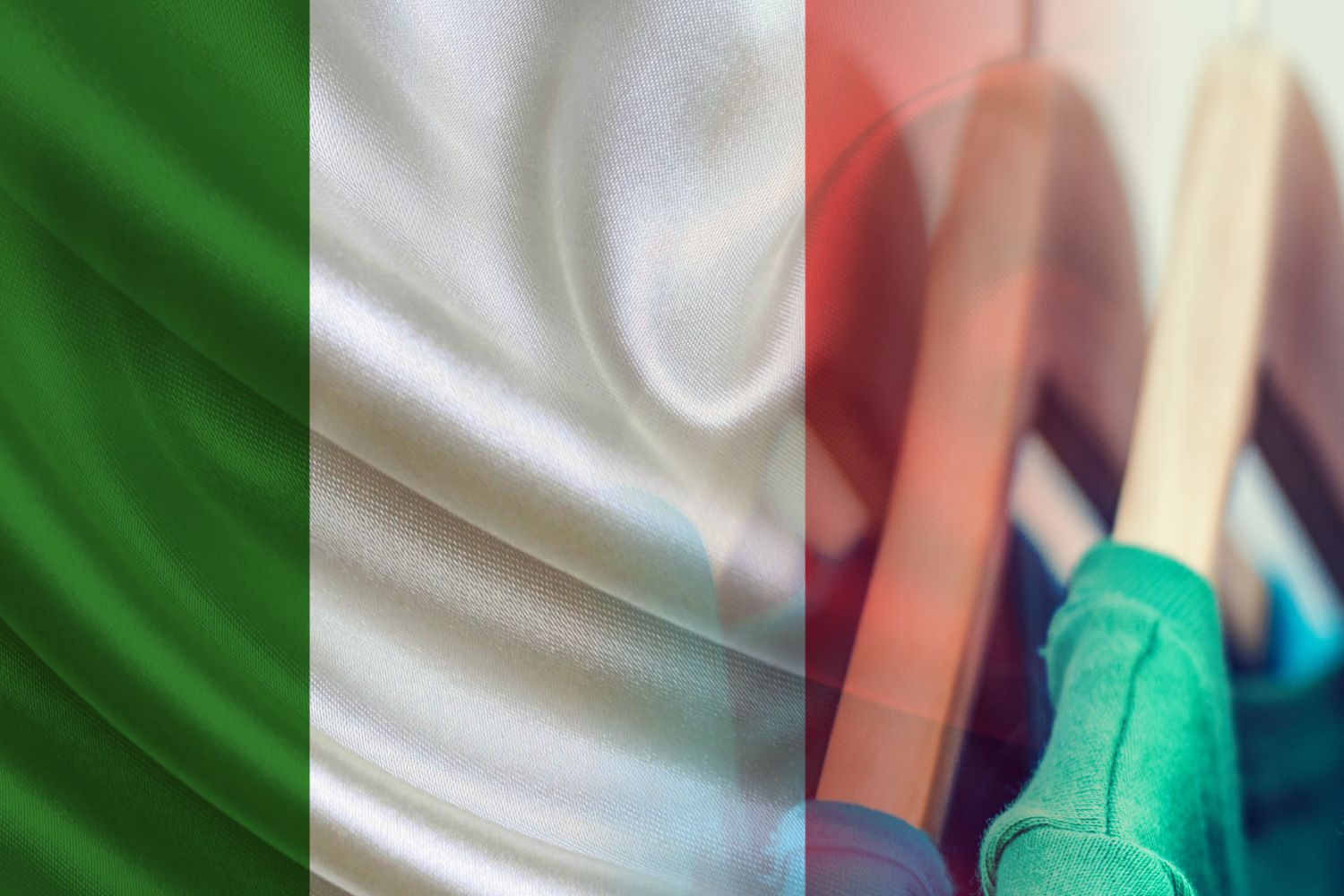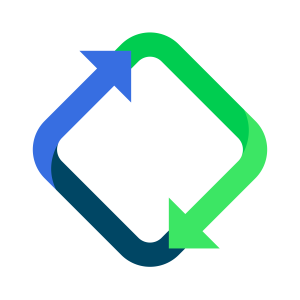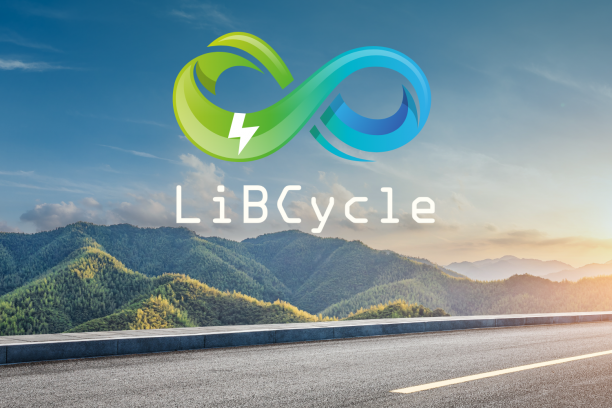Italy Targets 2026 Launch for National Textile EPR
Environmental Ministry commitment signals major step toward Textile EPR, with ReDress Italy leading preparations for implementation.
Turin – October 29, 2025. The Italian Ministry of the Environment has committed to introducing Extended Producer Responsibility (EPR) legislation for textiles by the first quarter of 2026. Laura D’Aprile, Head of the Department for Sustainable Development at the Ministry of the Environment and Energy Security (MASE), made the announcement on October 24 at the Venice Sustainable Fashion Forum.
The confirmation represents a crucial step in Italy’s transition toward a more circular textile economy. Earlier this year, MASE launched a public consultation on the draft decree. The proposal establishes an EPR system for textiles, covering apparel, footwear, accessories, leather goods, and home textiles.
ReDress Italy welcomes the Ministry’s commitment
ReDress Italy, Reconomy’s Producer Responsibility Organisation (PRO) for Textile EPR in Italy, has welcomed this milestone. It recognises it as a clear signal of Italy’s dedication to implementing practical and measurable sustainability actions within the textile sector. Moreover, it demonstrates growing alignment between public institutions and industry stakeholders.
“Even though the PROs have not yet been formally recognised, they are already working to build the infrastructure needed to implement textile EPR by 2026,” said Sara Faccioli, President of the Board of ReDress and Managing Director of RLG Systems Italia. She added, “ReDress is proposing the creation of an operational working group, coordinated by the Ministry, to move forward in a structured and effective way.”
2026 Textile EPR in Italy aligns with EU circular economy goals
As a result, establishing a national EPR system for textiles positions Italy among the frontrunners in Europe. The initiative aligns with EU ambitions for sustainable product design, waste reduction, and circular business models. Furthermore, by integrating producers, recyclers, and policymakers, the system aims to drive innovation, accountability, and measurable environmental impact across the textile value chain.
Backed by RLG, ReDress Italy supports producers in meeting their environmental obligations and contributes to building circular systems for collecting, sorting, reusing, and recycling. As the regulatory framework takes shape, ReDress will continue collaborating closely with public institutions and industry stakeholders. Together, they are moving toward a fully operational EPR system in 2026.
Contacts:

Aimee Campanella – Development Director – Textiles EPR
Aimee.Campanella@reconomy.com

Lavi Aharon – Director of Textile Program and Business Development
Lavi.Aharon@reconomy.com









